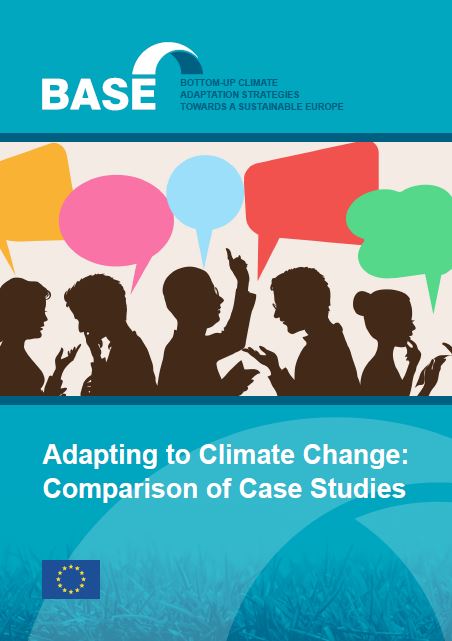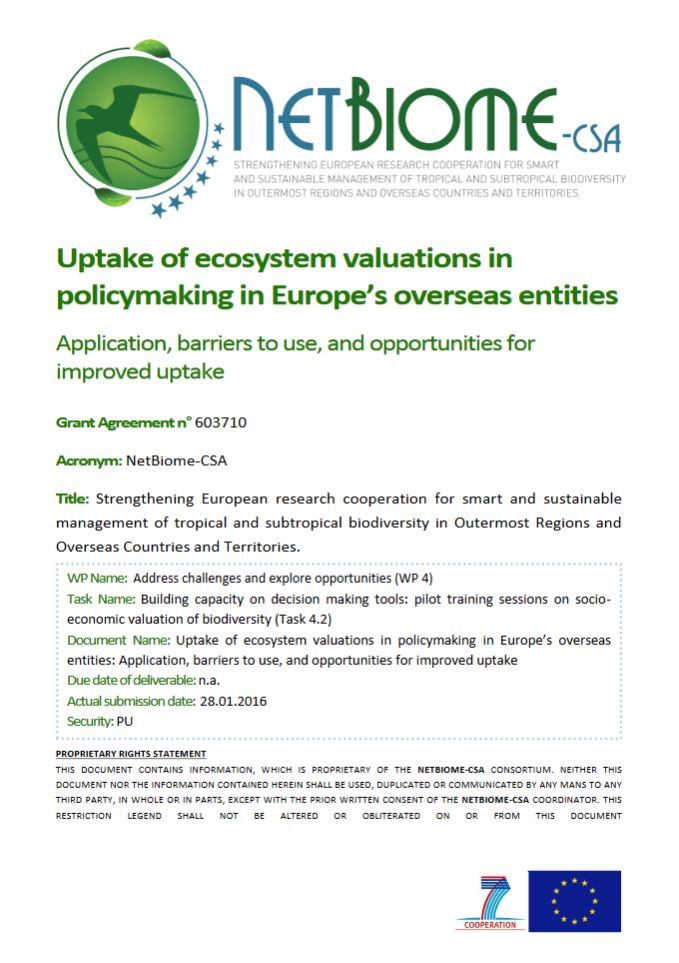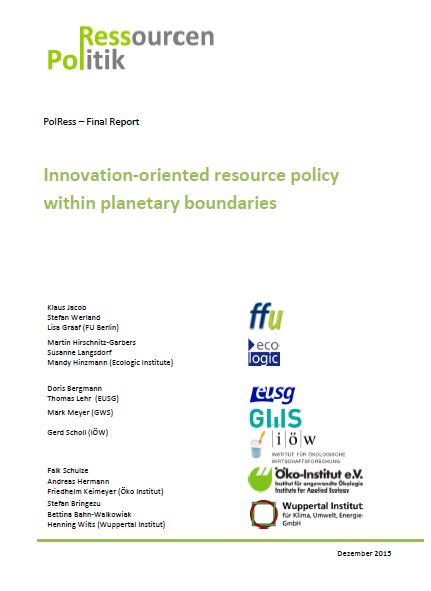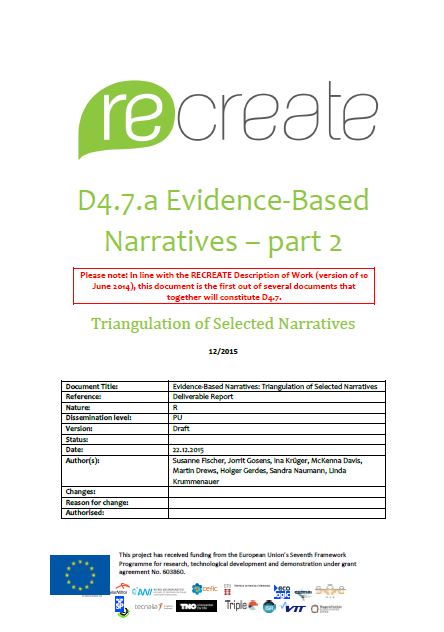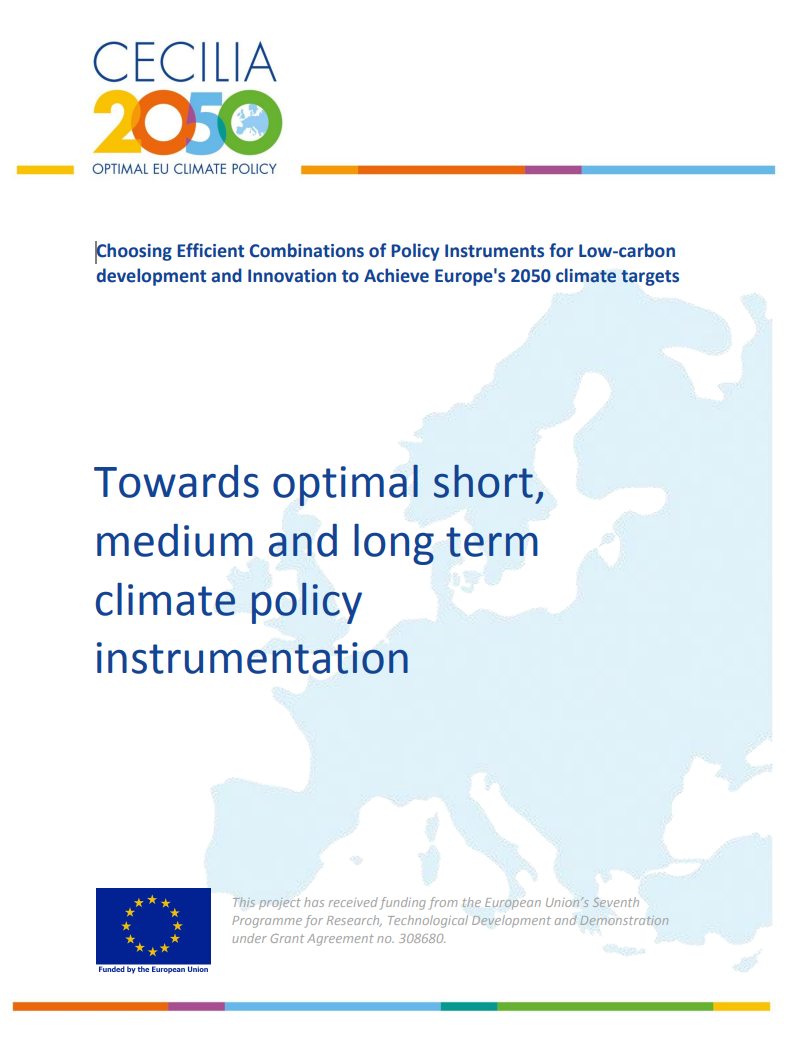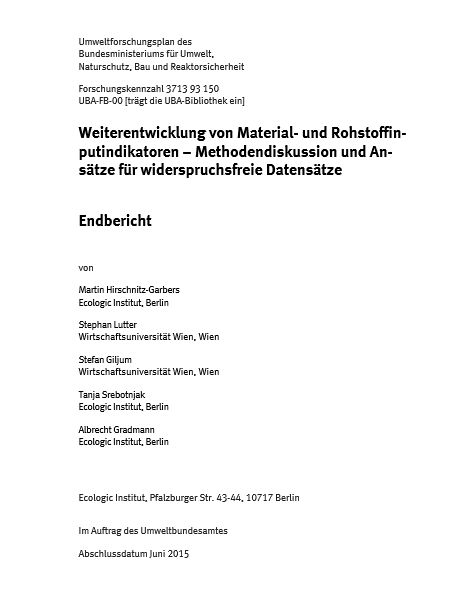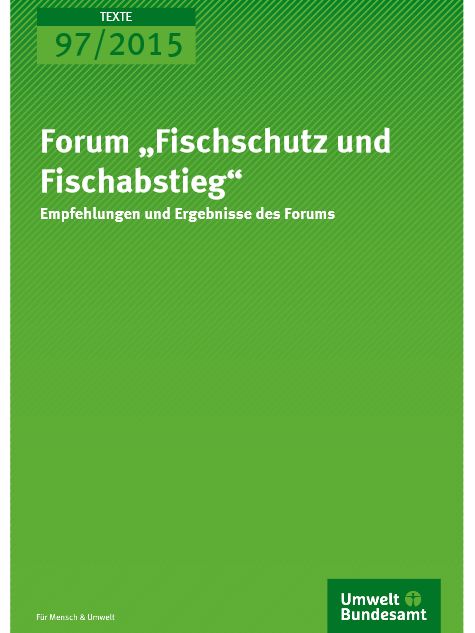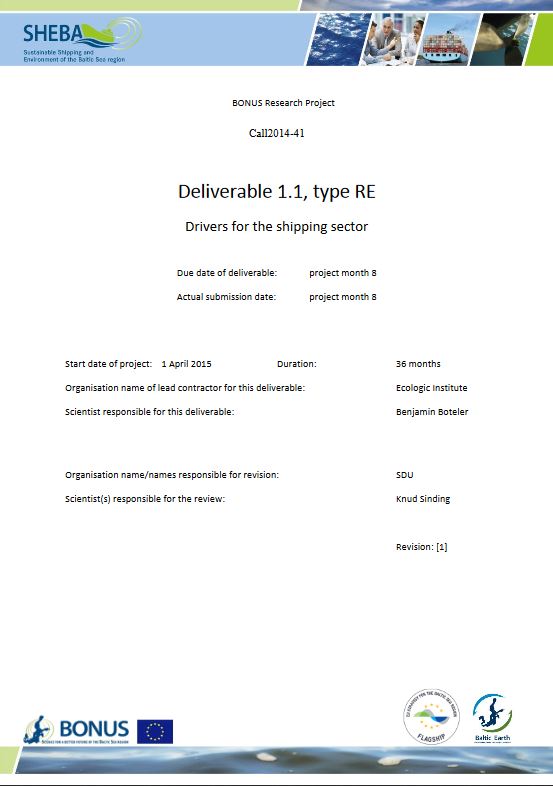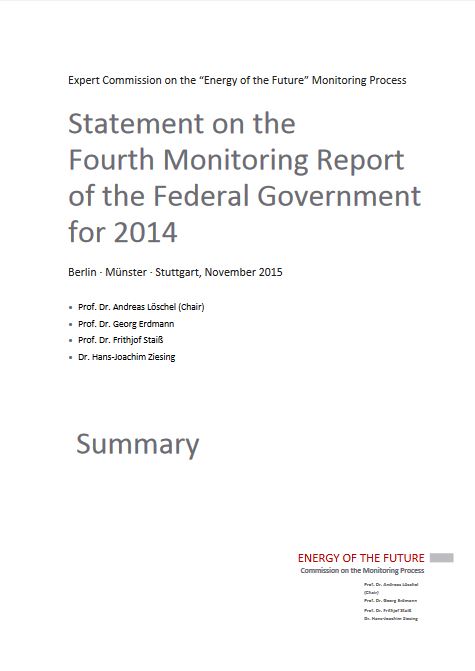Publication:Report
Publication:Report
Review of Bioeconomy Strategies at Regional and National Levels
Promoting stakeholder engagement and public awareness for a participative governance of the European bioeconomy
Year
Read morePublication:Report
Uptake of Ecosystem Valuations in Policymaking in Europe's Overseas Entities
Application, barriers to use, and opportunities for improved uptake
Year
Read morePublication:Report
Erhöhte Absetzbarkeit von Klimaschutzinvestitionen – den alten § 7d EStG neu fassen?
Kurzstudie im Rahmen des Projekts "Rahmen für Klimaschutzinvestitionen"
Year
Read morePublication:Report
Publication:Report
Publication:Report
Publication:Report
Publication:Report
Weiterentwicklung von Material- und Rohstoffinputindikatoren
Methodendiskussion und Ansätze für widerspruchsfreie Datensätze
Year
Read morePublication:Report
Evaluation of the Strengths, Weaknesses, Threats and Opportunities Associated with EU Efforts to Combat Environmental Crime
Evaluation of the role of the EU and SWOT analysis
Year
Read morePublication:Report
Evaluating 15 Years of Transport and Environmental Policy Integration
TERM 2015: Transport indicators tracking progress towards environmental targets in Europe
Year
Read morePublication:Report
Publication:Report
Publication:Report
Statement on the Fourth Monitoring Report of the Federal German Government for 2014
Expert Commission on the "Energy of the Future" Monitoring Process
Year
Read morePublication:Report
